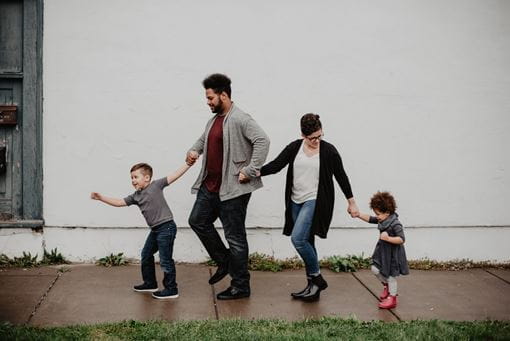How to Talk to Your Child About Coronavirus 2019 or COVID-19
3/10/20
At Laurel Springs, our priority is the safety and well-being of your child, and we want you to feel comfortable talking with them about COVID-19. An epidemic can be a scary time to be a parent or guardian, and we want to help you feel prepared to speak to your child.
 Know the facts.
Know the facts.
Education is the best way to fight fear. It’s essential to make sure you have the facts (understand the risks, signs, symptoms, and preventative measures) so you can adequately plan and communicate this to your child.
Here are some important resources to reference when gathering the facts about COVID-19:
CDC Coronavirus Share Facts
National Association of School Psychologists
Be aware of sensitization.
While catchy headlines may appear in newspapers, they can be scary to read as a child. Watch out for rumors on social media, television, and other news outlets (including people) that might spread inaccuracies about the situation.
Stay calm.
What you say and how you say it can affect a child’s anxiety level. It’s important to remember that your child might already have some anxiety about this virus. Be aware of your behavior—if you can explain the facts in a cool, calm, and collective manner, your child will most likely be able to digest everything on a more rational level.
Provide time to ask questions. 
Knowing they have a safe space to process information, ask questions, learn, and react will help reassure your child.
Maintain a normal routine.
Families often find security in a familiar, daily structure. A sudden disruption in regular routines can potentially create an uneasy feeling for children. Keeping the routine similar or discussing changes can help your child feel more comfortable.
Talk about practical preventive care.
Discuss with your child that some of the precautions for COVID-19 are similar to those we should be practicing at all times:
- Wash your hands often with soap and water for at least 20 seconds (especially after blowing your nose, coughing, or sneezing; going to the bathroom, and before eating or preparing food).
- Avoid touching your eyes, nose, and mouth with unwashed hands.
- Stay home when you are sick.
Explain the efforts that are in place to help contain the virus.
Discuss with your child that travel to and from the affected areas is restricted. The CDC and local health organizations are closely monitoring the situation, and that scientists are working to develop a vaccine.
When you talk to your child about COVID-19, create a calm space for discussion, focus on the facts, and make sure your child knows you are doing everything in your power to keep them and your family safe.
Share on social media